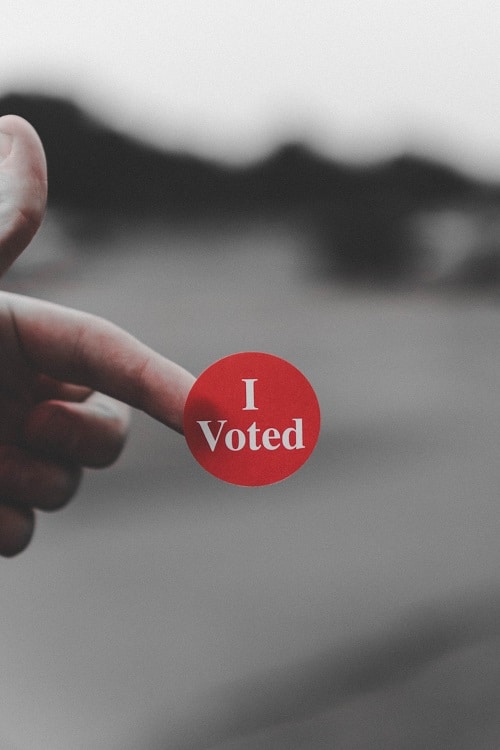For the first time since 2008, not a single Canadian province or territory is being led by a woman.
In addition to no longer holding any of the top political positions in the country, women only make up 37 per cent of seats in the House of Commons.
The fact that women are underrepresented in politics is well-documented, but the reasons for it are varied and complex – ranging from differences in how boys and girls are socialized, to structural and systemic barriers to entry.
Messages from peers, parents, and the media that undermine girls’ abilities start early. A 2008 study found that in Grade 6, 35 per cent of girls say they are self-confident, but by Grade 10 that number has plummeted to 14 per cent. An Atlantic article argues that girls are taught to seek approval to raise their self-esteem and lose a crucial period of risk-taking that teaches boys to take failure in stride, noting “many psychologists now believe that risk taking, failure, and perseverance are essential to confidence-building.”
Boys are also much more likely to have been socialized by their parents to think about a career in politics and to be exposed to more political information and discussion, says another study. Ingrained biases about which careers are traditionally masculine can, even unconsciously, inform the way we speak to young people and in turn inform their aspirations and confidence.
By their teens, a study from Harvard found that many boys and girls appear to have biases against girls as leaders. When teen girls were asked who is more effective in specific professions, almost a quarter of respondents—23 per cent—preferred male over female political leaders. Just 8 per cent of girls preferred female political leaders, with 69 per cent reporting no preference. When teen boys were asked, 40 per cent preferred male over female political leaders. Only 4 per cent preferred female political leaders, and 56 per cent expressed no preference.
Institutional sexism can present systemic barriers to advancement once women are in the workforce. For example, women are 30 per cent less likely than men to get promoted out of an entry-level position, and 60 per cent less likely to move from middle management into the executive ranks, according to a 2017 study. Additionally, social influences often mean that women still take primary responsibility for home-based labour and childcare, which can negatively influence their work-life balance.
Of course, these factors are even more multi-layered and nuanced for women who are differently abled, racialized, 2SLGBTQ+, or living in rural areas.
To help women and girls find space for themselves in politics and feel supported once they get there, consider taking these steps:
- Seek out positive female role models: If you’re a parent, guardian, or mentor of a young girl, help her find encouraging role models. Search for books and other media that positively portrays strong female characters in leadership roles.
- Support women’s ambitions and make space for them: Try to put your belief in gender equity into action and remind women in your life of their intelligence and abilities. Learn how to become an ally to women and how to make space for women in traditionally male-dominated areas.
- Learn about inclusive leadership: Educate yourself on the barriers that stand in the way of inclusive leadership. Consider how you can work to dismantle these barriers and elevate diverse voices.
- Consider running – or encouraging a woman or gender non-conforming friend to run: Ask yourself what you’re passionate about, what unique skills you bring to the table and what change you want to see the world. If you’ve never considered a leadership role, why? Women often suffer from “imposter syndrome,” but change happens once we believe in ourselves.
- Give back to organizations focused on inclusive leadership: Support the work being done by individuals and organizations to advance inclusive leadership in Canada, financially or otherwise. The Canadian Women’s Foundation is one example of an organization doing such work!
- Talk to everyone in your life – not just girls – about respecting women and non-binary folks in leadership positions just the same as they respect men: Tell them it’s a safe space and ask them to identify any biases they may have against women leaders. Talk about and confront their biases and your own.
If we want gender equality in Canada, we need more diverse women in office. Take action today.
Learn More:
- On International Women’s Day, Let’s Remove These Six Barriers to Women’s Leadership
- Rethinking Leadership: The Next Generation of Leaders
- Rethinking Leadership: Hiring and Retaining Diverse Women Leaders
Take Action:
Sign up for our e-newsletter to have our latest stories and resources sent to your inbox.
Follow us on Facebook and Twitter to join a national conversation about empowering girls.







